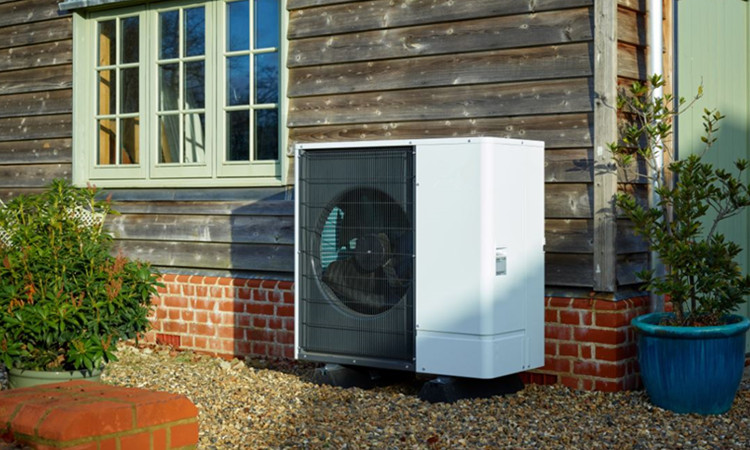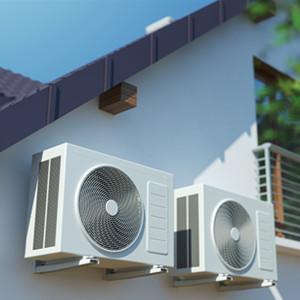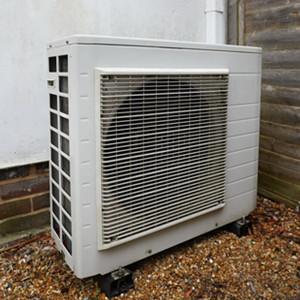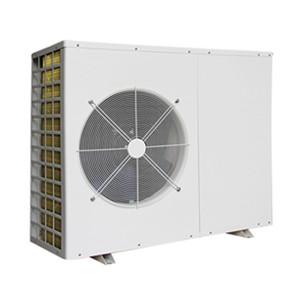Air Source Heat Pump Bills
With growing concerns about global warming, energy consumers are under increasing pressure to reduce the amount of carbon dioxide (CO2) released into the atmosphere each year. While part of that responsibility may fall on the homeowner, it will ultimately be up to the brands to produce greener products that can be used in homes and businesses.
While gas boilers are still the first choice, more and more people are looking for alternative options to heat their homes. Currently, a good option is a heat pump. They are growing in popularity and it is thought that they may be more popular than gas and oil boilers in the future.
Heat pumps don't produce any carbon dioxide, but they do use electricity to run. Currently, electricity production generates significant greenhouse gas emissions due to the burning of fossil fuels. Therefore, in order for your heat pump to run entirely on renewable energy, the electricity it uses should be obtained from solar or wind power. This will make your heat pump 100% CO2 neutral. Heat pumps contribute to reducing CO2 emissions by 916 million tons per year.
Compared to a boiler that can operate at around 90% efficiency, a heat pump can be over 300% efficient, for example, 1kW of electricity produces 3kW of heat.
Now that we've identified some of the key benefits of heat pumps and how they can affect your carbon footprint, what effect would one of these devices have on your electricity bill? Below, we'll discuss how much electricity a heat pump uses and how to reduce your electricity bill.

How much electricity does a heat pump use?
Measure heat pump efficiency using CoP. The unit is determined by measuring the energy input (electricity in this case) and the energy output (heat). A heat pump with a CoP of 3 can produce 3 kW of heat from every 1 kW of electricity.
The average home needs about 12,000 kilowatt-hours (Kwh) of heat per year. So, to achieve this, a heat pump with a CoP of 3 would use 4,000 kWh of electricity per year. This number will depend on the size of your home, how well insulated it is, and how much hot water you use. It also depends on the efficiency of your heat pump. A heat pump with four CoPs will use less electricity to generate the same amount of heat.
Electricity costs approximately 14.0p per kWh. This means your heat pump could cost around £560 a year to run. This number may not sound very different from your gas bill. The average household spends around £636 a year on gas.
How to save on ASHP running costs
The government has launched a number of incentives to promote renewable heating systems. You can earn these qualifications when installing a regenerative heating technology such as an air source heat pump. Utilize RHI solutions to offset installation and ongoing operating costs.
You can also improve the efficiency of your air source heat pump by following these tips:
1. Install double or triple glazing on the windows. This prevents heat loss
2. Install hollow wall insulation. This prevents heat from escaping through the walls
3. Install attic insulation. This prevents heat from escaping through the roof of the house.
4. Always keep windows closed to avoid drafts.
5. Switch to a cheaper electricity provider or install a solar PV system.
6. Install a larger radiator
7. Install floor heating
8. Conduct annual heating system inspections. Do this during the 15+ year expected life of the air source heat pump. This ensures that the heating system operates efficiently
Are you taking advantage of renewable thermal incentives? What other steps have you taken to reduce the cost of running an air source heat pump?
Leomon heat pump
We are Chinese heat pump experts and we will handle the entire project from start to finish. Discuss the use and installation of your air source heat pump with one of our consultants today.





